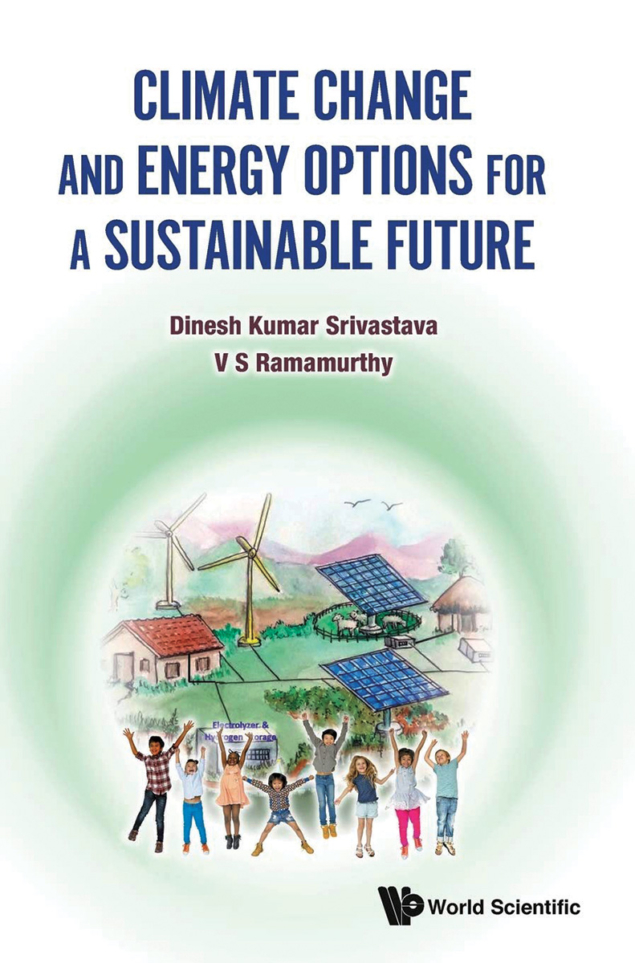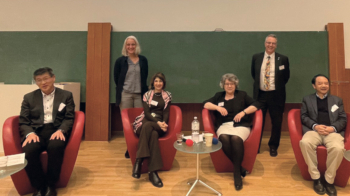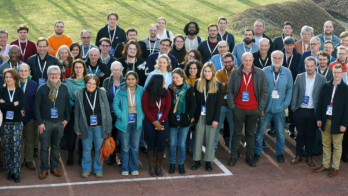Climate Change and Energy Options for a Sustainable Future, by Dinesh Kumar Srivastava and V S Ramamurthy, World Scientific

In Climate Change and Energy Options for a Sustainable Future, nuclear physicists Dinesh Kumar Srivastava and V S Ramamurthy explore global policies for an eco-friendly future. Facing the world’s increasing demand for energy, the authors argue for the replacement of fossil fuels with a new mixture of green energy sources including wind energy, solar photovoltaics, geothermal energy and nuclear energy. Srivastava is a theoretical physicist and Ramamurthy is an experimental physicist with research interests in heavy-ion physics and the quark–gluon plasma. Together, they analyse solutions offered by science and technology with a clarity that will likely surpass the expectations of non-expert readers. Following a pedagogical approach with vivid illustrations, the book offers an in-depth description of how each green-energy option could be integrated into a global-energy strategy.
In the first part of the book, the authors provide a wealth of evidence demonstrating the pressing reality of climate change and the fragility of the environment. Srivastava and Ramamurthy then examine unequal access to energy across the globe. There should be no doubt that human wellbeing is decided by the rate at which power is consumed, they write, and providing enough energy to everyone on the planet to reach a human-development index of 0.8, which is defined by the UN as high human development, calls for about 30 trillion kWh per year – roughly double the present global capacity.
Human wellbeing is decided by the rate at which power is consumed
Srivastava and Ramamurthy present the basic principles of alternative renewable sources, and offer many examples, including agrivoltaics in Africa, a floating solar-panel station in California and wind-turbines in the Netherlands and India. Drawing on their own expertise, they discuss nuclear energy and waste-management, accelerator-driven subcritical systems, and the use of high-current electron accelerators for water purification. The book then finally turns to sustainability, showing by means of a wealth of scientific data that increasing the supply of renewable energy, and reducing carbon-intensive energy sources, can lead to sustainable power across the globe, both reducing global-warming emissions and stabilising energy prices for a fairer economy. The authors stress that any solution should not compromise quality of life or development opportunities in developing countries.
This book could not be more timely. It is an invaluable resource for scientists, policymakers and educators.





